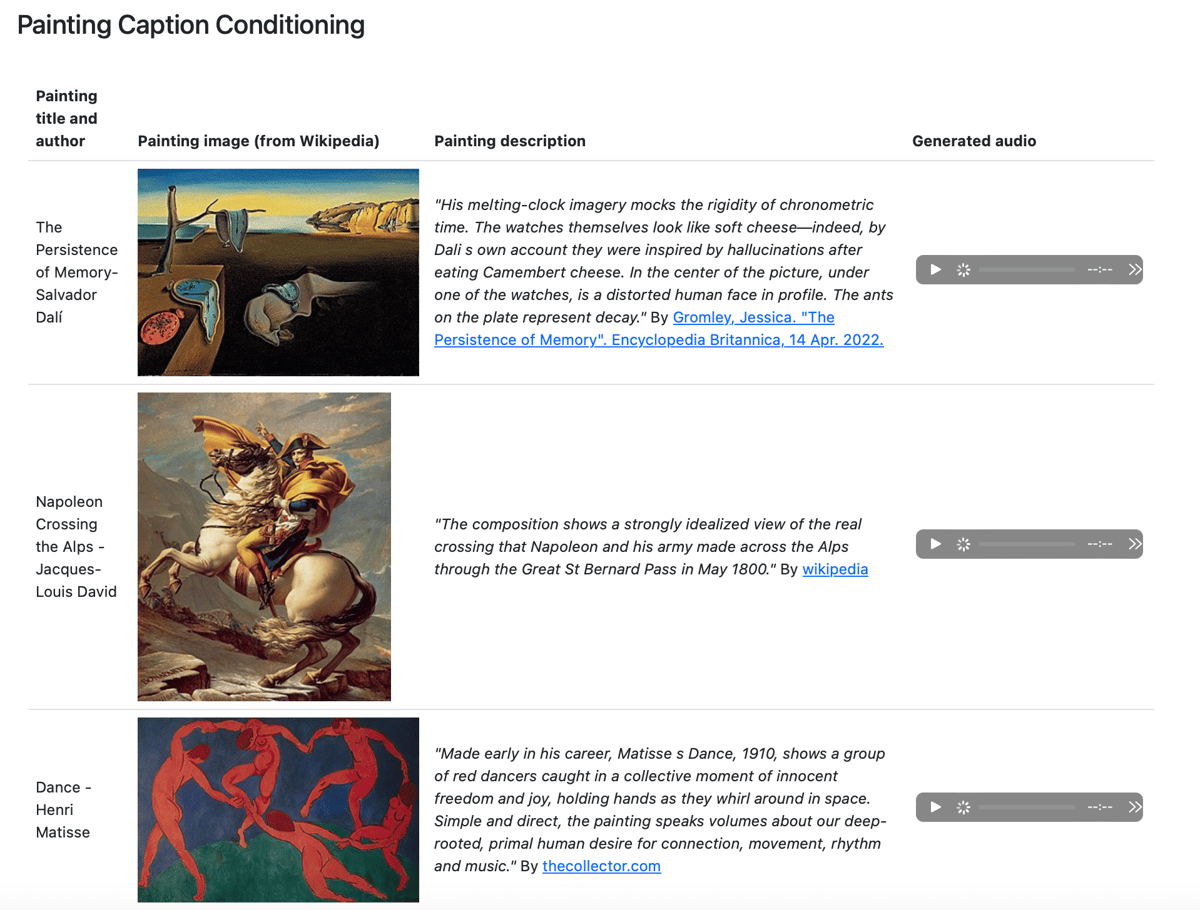kottke.org posts about translation

Franz Kafka’s Diaries, a combination of a private journal and a sketchbook for stories and essays, have been available in English since 1948, but in a much altered form, prepared by Kafka’s friend and literary executor Max Brod (who famously ignored his friend’s instructions to burn whatever remained). Brod tidied up the diaries for publication, removing multiple aborted drafts and excising anything that he thought might be embarrassing.
A new German edition published in 1990 restored some of the chaos to Kafka’s diaries, but it’s only in this year that the unexpurgated diaries have been translated into English, by Ross Benjamin. The overall impression is of a Kafka who is less censored, more frank, more Jewish, and funnier, but also remorseless in his self-upbraiding to write more, to write better, to write something true.
The translation is not always as sure-footed as its predecessor; sometimes its literalness ignores idioms and hews too closely to the original punctuation, producing a clumsy impression where Kafka’s German is as graceful and artful as ever.
Here is Benjamin’s version of one of my favorite early passages of the Diaries, from Notebook 2, written over Christmas Eve and Christmas Day 1910:
24 (December 1910) Now I have taken a closer look at my desk and realized that nothing good can be done on it. There’s so much lying around here, forming a disorder without regularity and without any compatibility of the disordered things, which otherwise makes every disorder bearable. Let there be whatever disorder there may on the green cloth, the same was allowed in the orchestra of old theaters. But the fact that from the standing room…
25 (December 1910)… from the open compartment under the upper part of the desk there are brochures, old newspapers, catalogues picture postcards, letters, all partly torn, partly opened coming out in the form of a staircase, this undignified state spoils everything. Individual relatively huge things in the orchestra appear in the greatest possible activity, as if it were permitted in the auditorium of the theater for the merchant to put his account books in order, the carpenter to hammer, the officer to brandish his saber, the priest to speak to the heart, the scholar to the intellect, the politician to the public spirit, for lovers not to restrain themselves, etc. Only on my desk the shaving mirror stands upright, the way one needs it for shaving, the clothes brush lies with its bristle surface on the cloth, the wallet lies open in case I want to pay, from the key ring a key sticks out ready for work and the tie is still partly looped around the taken-off collar. The next higher open compartment, already hemmed in by the small closed side drawers, is nothing but a junk room, as if the low balcony of the auditorium, basically the most visible part of the theater were reserved for the most vulgar people for old bon vivants, among whom the filth gradually comes from the inside to the outside, coarse fellows who let their feet hang down over the balcony railing, families with so many children that one takes only a brief glance without being able to count them introduce here the filth of poor nurseries (indeed there’s already a trickling in the orchestra) in the dark background sit incurably sick people, fortunately one sees them only when one shines a light in, etc. In this compartment lie old papers I would have long since thrown away if I had a wastepaper basket, pencils with broken points, an empty matchbox, a paperweight from Karlsbad, a ruler with an edge the bumpiness of which would be too awful for a country road, many collar buttons, dull razorblades (for them there is no place in the world), tie clips and another heavy iron paperweight. In the compartment above —
Wretched, wretched and yet well meant. Yes, it’s midnight, but since I’ve slept very well, that is an excuse only insofar as during the day I would have written nothing at all. The burning electric light, the silent apartment, the darkness outside, the last waking moments they give me the right to write and be it even the most wretched things. And this right I use hastily. So that’s who I am.

Google Research has released a new generative AI tool called MusicLM. MusicLM can generate new musical compositions from text prompts, either describing the music to be played (e.g., “The main soundtrack of an arcade game. It is fast-paced and upbeat, with a catchy electric guitar riff. The music is repetitive and easy to remember, but with unexpected sounds, like cymbal crashes or drum rolls”) or more emotional and evocative (“Made early in his career, Matisse’s Dance, 1910, shows a group of red dancers caught in a collective moment of innocent freedom and joy, holding hands as they whirl around in space. Simple and direct, the painting speaks volumes about our deep-rooted, primal human desire for connection, movement, rhythm and music”).
As the last example suggests, since music can be generated from just about any text, anything that can be translated/captioned/captured in text, from poetry to paintings, can be turned into music.
It may seem strange that so many AI tools are coming to fruition in public all at once, but at Ars Technica, investor Haomiao Huang argues that once the basic AI toolkit reached a certain level of sophistication, a confluence of new products taking advantage of those research breakthroughs was inevitable:
To sum up, the breakthrough with generative image models is a combination of two AI advances. First, there’s deep learning’s ability to learn a “language” for representing images via latent representations. Second, models can use the “translation” ability of transformers via a foundation model to shift between the world of text and the world of images (via that latent representation).
This is a powerful technique that goes far beyond images. As long as there’s a way to represent something with a structure that looks a bit like a language, together with the data sets to train on, transformers can learn the rules and then translate between languages. Github’s Copilot has learned to translate between English and various programming languages, and Google’s Alphafold can translate between the language of DNA and protein sequences. Other companies and researchers are working on things like training AIs to generate automations to do simple tasks on a computer, like creating a spreadsheet. Each of these are just ordered sequences.
The other thing that’s different about the new wave of AI advances, Huang says, is that they’re not especially dependent on huge computing power at the edge. So AI is rapidly becoming much more ubiquitous than it’s been… even if MusicLM’s sample set of tunes still crashes my web browser.

My favorite contemporary writer is probably Lydia Davis, in no small part because I don’t know if anyone takes a finer care for the language they use, as a writer and reader.
Davis also does double duty as both an original writer of fiction and essays, and a translator of other people’s writings, in multiple languages. In her new collection, Essays 2, she describes her unusual technique:
Although she learned German by immersion, Davis’s preferred method of language acquisition is quite different, and, to an outside observer, demonically challenging: She finds a book published in a language that she does not fully or even partially understand and then tries to figure out what it means.
To improve her Spanish, she digs into a copy of “Las Aventuras de Tom Sawyer.” In some cases the decryption proves easy. Words like “plan” are the same in English and Spanish. In other cases she inductively reasons the meaning of a word after noticing it in different contexts. Hoja initially stumps her when it pops up in the phrase hoja de papel — “hoja of paper.” Later in the book, it occurs in the context of a tree. Finally, Huck wraps a dry hoja around something to make a cigarette, and Davis realizes that only one meaning would work as well with paper as with a tree or a cigarette: “leaf.” Of course, it would be possible to solve the hoja enigma in two seconds by plugging the word into Google, but that would destroy the fun.
I’m (re)learning Italian right now — I sort of learned it backwards the first time, starting with Dante and Petrarch and only now learning how to ask where the bathroom is (dove el gabinetto?) and the difference between coat (cappotto) and hat (cappello). But what remains exciting are the little associations you learn, the conjunctions of phrasing, the possible substitutions of one term for another, the way a question and an answer can reflect the same structure — a map of phonemic possibilities that is also a way of seeing the world. Davis’s method might be impractical for learning a second language, but for a gifted language learner, it seems to put a premium on finding those connections. Which is, indeed, a big part of the fun.

I can’t claim to have finished Emily Wilson’s translation of The Odyssey by Homer — epic poems are, well, epic — but I’m a huge fan of everything I’ve read, and especially Wilson’s Twitter feed, which is often devoted to explicating some small bit of Homeric text and comparing her approach to that of other translators.
Here, for example, she takes on the depiction of the Sirens. I’m going to pick and choose a few tweets, but you should read as much of the thread as you can.
This last observation prompted a haunting distillation by Lev Mirov of Odysseus’s journey and his encounter with the Sirens:
Back to Wilson, who translates the brutally short passage of the sirens this way:
She explains:
Translation is hard, but translation in public is harder and better. There’s a richness in the commentary, and also a reckoning with the accretion of meanings that have come down through past readings, that you don’t often get without diving into scholarly apparatus. It’s not just peeling back the plaster; it’s trying to understand the work that plaster did in holding the whole structure together. Just remarkable.
Update: Dan Chiasson wrote about Wilson’s use of Twitter for the New Yorker.









Stay Connected